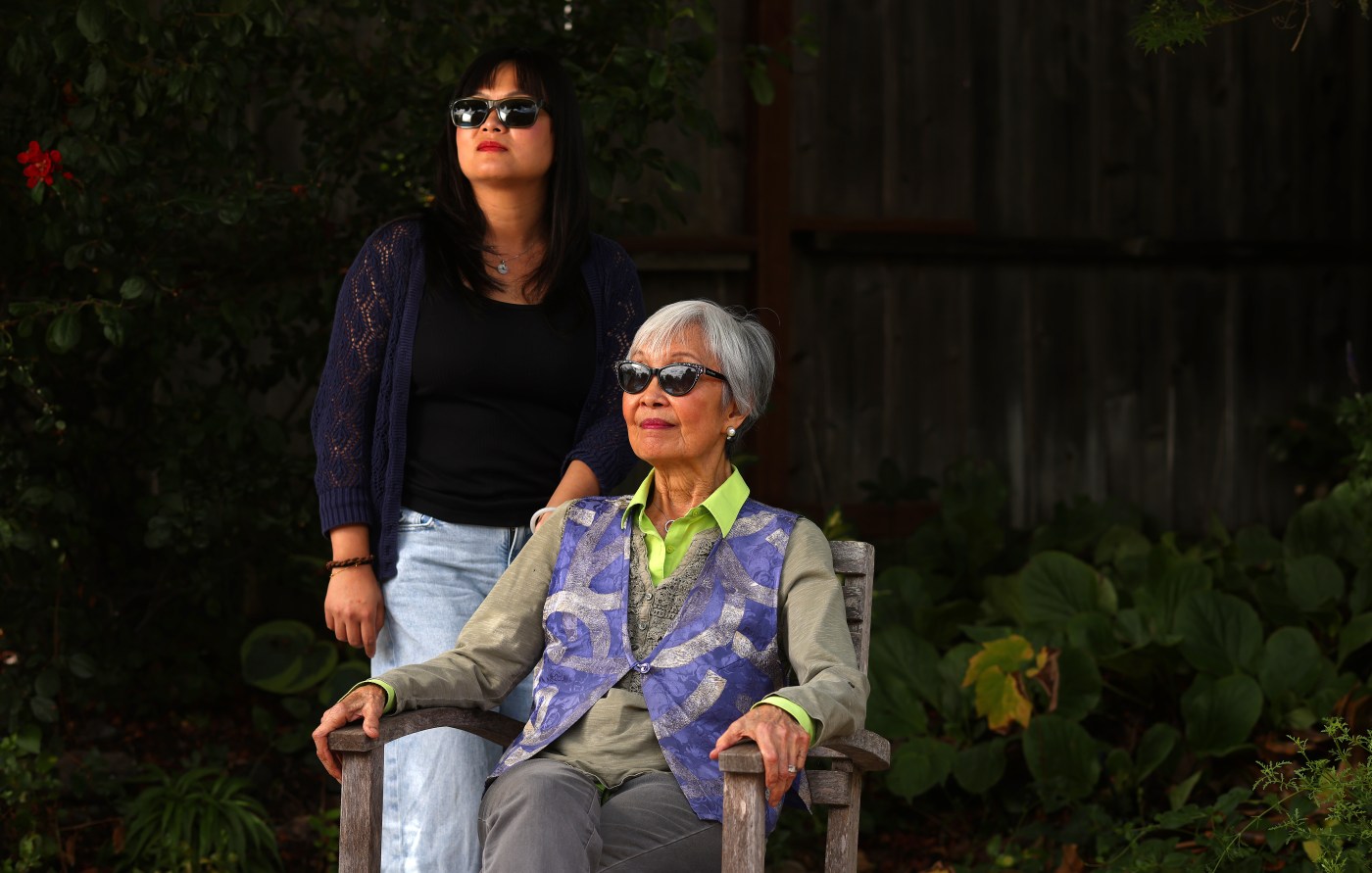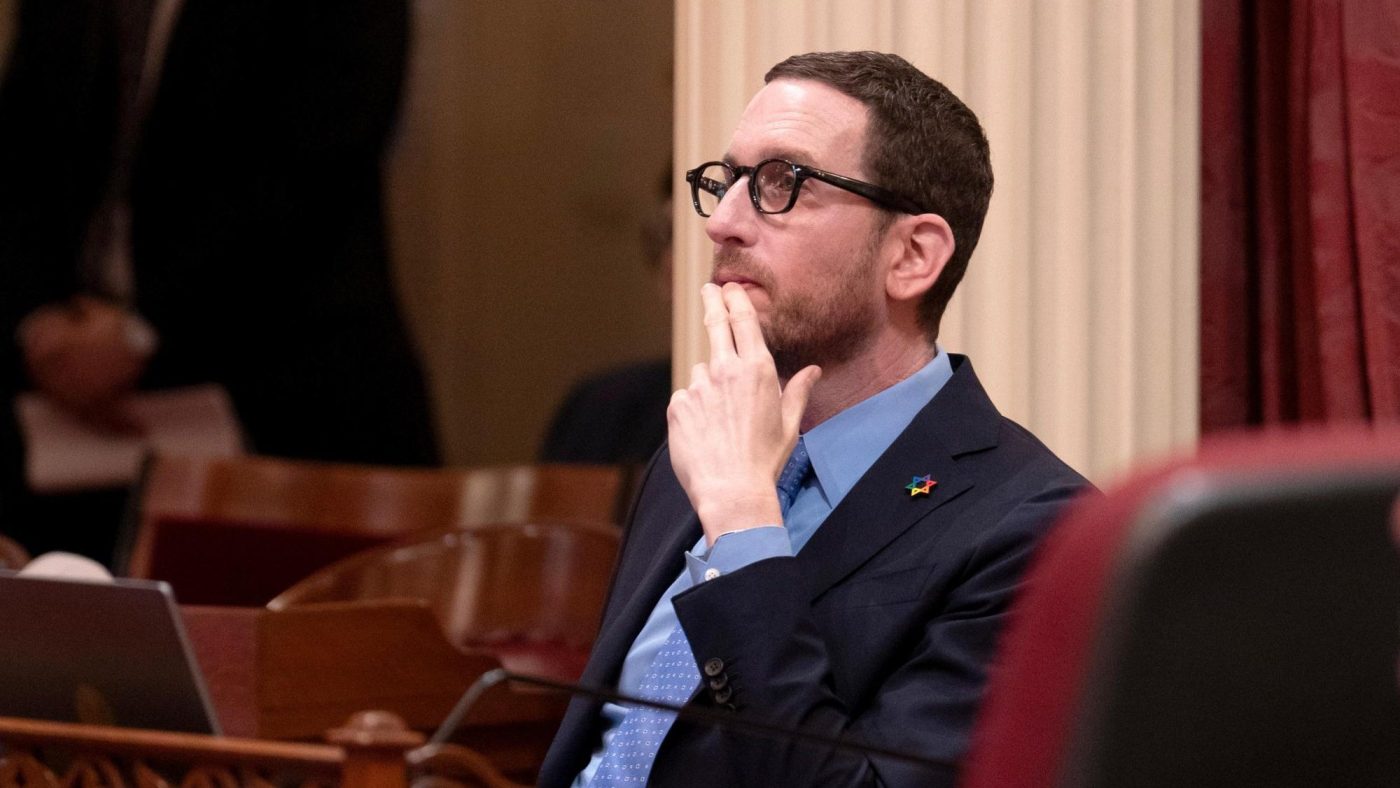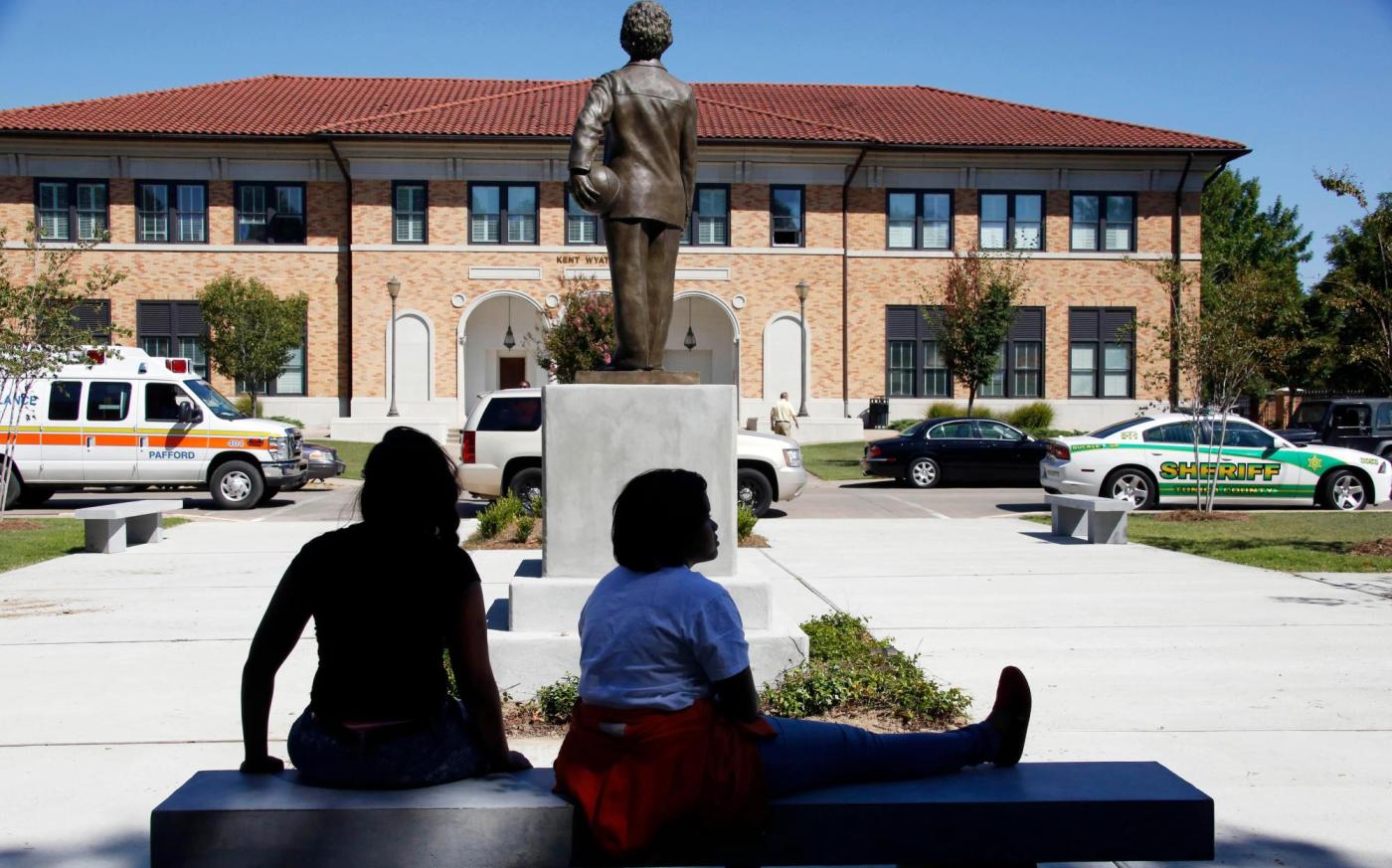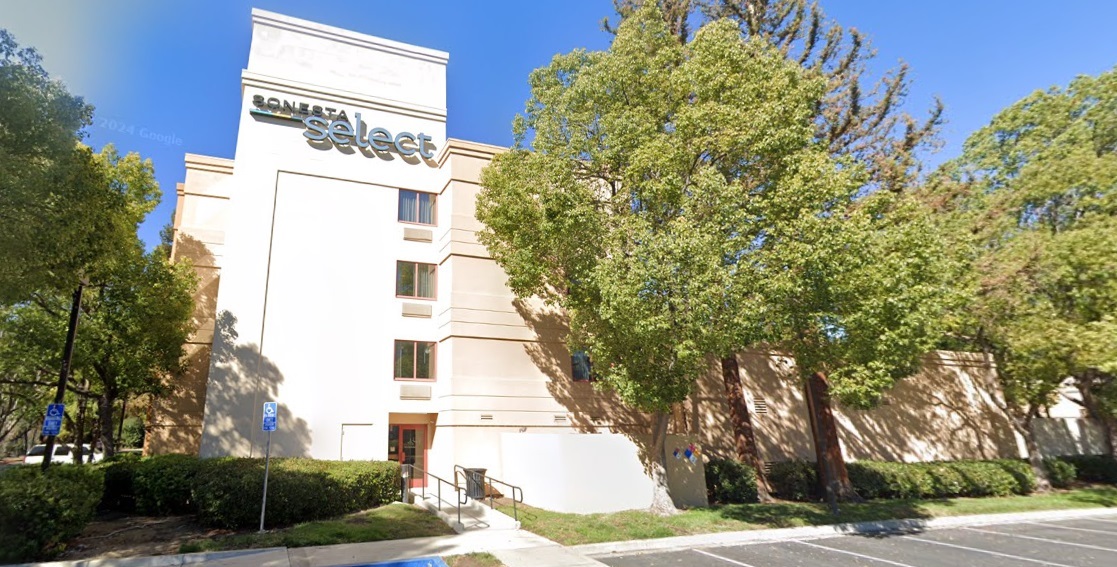When Americans are willing to consider the worst savagery that humans can inflict on one another, they might visit the Holocaust Museum in Washington, D.C., or read about Nazi Germany’s systematic murder of 6 million Jews during World War II.
Jean Bee Chan would also like people to also know what happened to her, her family and tens of millions of others during the same war, but on the other side of the world. The retired Sonoma State University mathematics professor, who survived starvation as a young girl in rural China through 1945, has joined efforts with a small Bay Area nonprofit to bring attention to war crimes committed by Japan, Germany’s Axis ally.
“It’s important, because if we don’t remember history, we’re going to repeat it,” the 88-year-old San Rafael resident said, offering her version of a sentiment also promulgated by the late San Jose writer Iris Chang, whose best-selling book, “The Rape of Nanking,” chronicled Japanese barbarism in the former Chinese capital in 1937. “Unless we truly understand how these atrocities can happen, we can’t be certain that it won’t happen again,” Chang had said.
Jenny Chan, left, of the Pacific Atrocities Education organization and Jean Bee Chan, right, look over historical books on Thursday, Sept. 11, 2025, in San Rafael, Calif. Jean is an 88-year-old survivor of Japan’s occupation of China during the Second World War. (Aric Crabb/Bay Area News Group)
Chan will talk about her family’s experience at a unique conference Sept. 18 at the Presidio Officer’s Club in San Francisco. It is hosted by the Pacific Atrocities Education (PAE), which is dedicated to uncovering and sharing stories about Japanese war crimes during World War II. Chan, her mother and little brother tried to stave off hunger in rural China for four years, with her brother eventually dying from an epidemic that swept through their village.
“I think war is just evil. Everybody suffers.” Chan also said: “My mom was never able to talk about what we experienced in the Chinese village, because I had a younger brother and he died, so she never got over it.”
Some 20 million civilians and soldiers died in China during World War II — more than a quarter of the 70 to 85 million estimated total casualties of the entire global conflict. According to another calculation, the Japanese military regime killed 3 to 10 million in China, Korea, Southeast Asia and the Pacific islands. People across the region died from mass executions, biological weapons and war-related famine and disease. The Japanese military also subjected victims to forced labor, torture, sexual slavery and medical experimentation.
Chang is credited with first spotlighting Japanese atrocities for a general audience with her 1997 book. Of the 300,000 Chinese slaughtered by the Japanese Imperial Army during a six-week period, most were civilians who were were bayoneted, machine-gunned and burned alive. Japanese officers and soldiers also raped tens of thousands of women and girls.
As part of an exhibit at Stanford’s Hoover Institution in 2009, a video played continuously of an interview Iris Chang gave to a Canadian TV reporter. Chang’s parents, Ying-Ying and Shau-Jin Chang, watched as they toured the exhibit, titled “Shattered Peace: The Road to World War II.”
The subtitle of Chang’s book is “The Forgotten Holocaust of World War II,” which then and now underscores how such a dark and prolonged period of history can disappear from public consciousness. Jenny Chan of San Francisco (no relation to Jean Bee Chan) was inspired by Chang’s work to co-found her nonprofit about 10 years ago. It supports research and fellowships for aspiring historians and is building an online library of narratives about World War II, which, for Asians, predates America’s Dec. 7, 1941 entry into the conflict by at least a decade.
Like Germany, Japan used its highly developed military force and master-race mentality to invade its neighbors, starting with its 1931 takeover of Manchuria, in northeastern China, as Chang wrote. Japan then conquered Nanjing and other parts of China in 1937 during the Sino-Japanese war, a prelude to World War II, and followed its 1941 attack on Pearl Harbor by taking over the Malay Peninsula, Singapore, Hong Kong, the Philippines and present-day Myanmar and Indonesia.
At the nonprofit’s conference, speakers include recent fellows who will offer insights into the brutal Japanese rule of Manchuria from 1931 to 1945 and a little-known group of female guerrillas who were vital to the Philippine resistance. Another focus for the nonprofit is Japan’s Unit 731 in Manchuria. This research program later became known as “the Asian Auschwitz” for its horrific medical experiments – infecting Chinese prisoners, who included pregnant women, with plague, giving them frostbite or performing surgeries on live subjects without sedation.
Jenny Chan and Jean Chan agree that this history should be especially meaningful to people in the Bay Area, which became home to immigrant survivors like Jean Chan and to their descendants. As Jenny Chan grew up San Francisco, she heard her grandmother’s stories about surviving harsh conditions during Japan’s occupation of Hong Kong. But she was dismayed to never learn about such things in school.
“Whenever we talked about World War II, we learned about Hitler, like 90% or 100% of the time,” Chan said. “When my grandmother passed, I started going through her belongings and found writings and rationing coupons that made me think what she was telling me had merits.”
After reading Chang’s book, Jenny Chan reached out to the author’s family and pored through her research material, which was donated to the Hoover Institution at Stanford University after her death in 2003. She also followed Chang in connecting with survivors and has spent time in the National Archives in Maryland, trying to scan records so that they will be preserved.
Jean Bee Chan, left, and Jenny Chan, right, of the Pacific Atrocities Education organization look over a historical book on Thursday, Sept. 11, 2025, in San Rafael, Calif. Jean is an 88-year-old survivor of Japan’s occupation of China during the Second World War. (Aric Crabb/Bay Area News Group)
Stories about this period of history have not been been totally ignored in U.S. culture. For decades, Hollywood produced popular movies about Americans fighting in Asia and the Pacific during World War II, including a handful of films about soldiers or female civilians in Japanese POW camps. Of course, these narratives echo a Western focus on history and a sidelining of Asian perspectives, one reason that attention to World War II atrocities has coalesced around the Holocaust in Europe.
Chang also argued that the Jewish people wouldn’t let Germany forget what the Nazis did, but Japan never faced that kind of pressure to take responsibility. That includes from the U.S. government, which needed Japan to be a Cold War ally, said Quin Ho, one of PAE’s fellows. But as Ho and others point out, the silence around Japan’s war crimes also could be cultural: Asians of a certain generation were reticent to speak about their trauma and found it “shameful” to be seen as victims.
“You could say that my mother and all of her siblings who were impacted by the Japanese occupation couldn’t talk about it because it was just so painful,” said Bay Area arts leader Debbie Chinn, whose 2022 memoir, “Dancing in Their Light” describes how her mother and aunts survived hunger and fear of imprisonment, rape and murder during the Japanese occupation of Tsingtao — 300 miles from Nanjing.
Chinn is gratified that Chan’s nonprofit is bringing visibility to such a critical time in history. “You know, we have a lot of people who just do not believe the Holocaust happened,” Chinn said. “We have become a society of deniers in some ways, and so that’s all the more reason to amplify and lift up the truth of history, because we are just one nanosecond away from repeating it.”
If you go: “History Remembered: Understanding World War II Atrocities In the Pacific,” takes place Sept. 18, starting at 8 a.m., at the Presidio Officers Club in Presidio National Park. The event is free. For more information, visit www.pacificatrocities.org.




